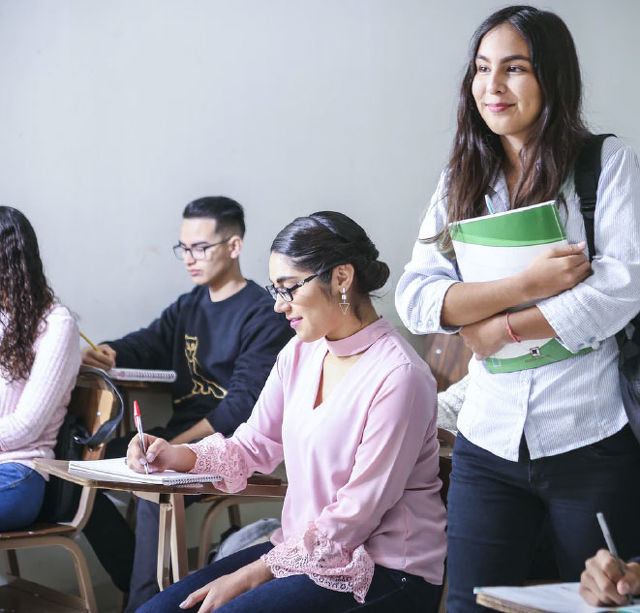Developing your career
Career development isn’t just about choosing a job—it’s about understanding your values, recognizing your strengths and interests, and creating opportunities for growth. It’s a lifelong journey of self-discovery, reflection, and adaptation.
Through my Master of Professional Practice, I have developed a model that helps adolescents achieve career clarity. My approach is grounded in established career theories and tailored to each individual.
How I help you find career clarity
Below is an overview of the model I have developed, which shows what you can expect during the consultation.

“Why”
Phase one – finding your purpose
We start by exploring your purpose—your “why.” Through structured and open-ended questions, we’ll uncover themes that have influenced your career thinking. This is a chance to challenge assumptions, explore new possibilities, and identify what truly matters to you. We’ll consider:
- Past experiences (school, work, hobbies)
- Current career ideas and influences
- Values, role models, and ideal work environments
- Must-haves, deal-breakers, and key career criteria
“How”
Phase two - your plan for action
Next, we create a roadmap. We’ll identify the skills you want to develop and explore how your interests and personality shape potential career paths.
“What”
Phase three – your career exploration list
Based on your interests, skills, and values, I’ll provide tailored career resources. You’ll build a shortlist of four potential pathways for deeper exploration. Ideas may come from personal experiences, family careers, or my professional guidance.
Round Table Discussion
Phase four - group discussion
With your support person (parent, caregiver, or whānau), we’ll have an informal round-table discussion. I’ll outline a career development plan, share research strategies, and explore ways to create opportunities. Parents will leave with practical ideas to support their teen's career journey.
Working Together
Step 1: Book a consultation
Your journey starts by booking an consultation using our simple booking system below to select a convenient date and time.
Step 2: Pre-consultation questionnaire
Before coming to see me, I ask that all my clients complete a questionnaire. This questionnaire helps me get a snapshot of who you are and tailor the consultation to you. Completely confidential, this takes 30-60 minutes to complete and asks questions about your likes, dislikes, interests, values, school results, subjects, personality, etc.
Step 3: career consultation
We meet either in person or remotely for 2 hours and 30 minutes. We will go through the process outlined above.
Step 4: self-research
After our time together, I encourage you to explore potential career options. You can do this in several ways - research, job shadowing, talking to professionals in relevant careers, volunteer work, visiting relevant tertiary education providers, etc.
Step 5: follow-up support
Feel free to send me questions via email about assistance with university entrance, halls of residence, scholarship applications and other services providers that could be of use, i.e. resume support and job interview coaching.
Step 6: follow-up appointments
These are available at an additional cost as needed. Follow-up appointments are most suitable for clients who have reached a critical stage in decision-making, e.g. Year 13 and first-year of tertiary education for students who remain unsure of their direction. These consultations can last from 60 to 90 minutes as needed.
